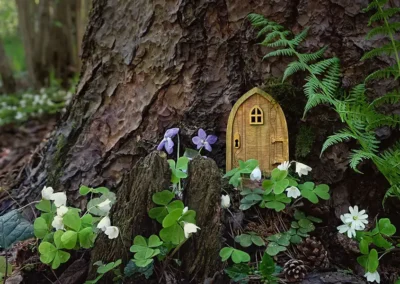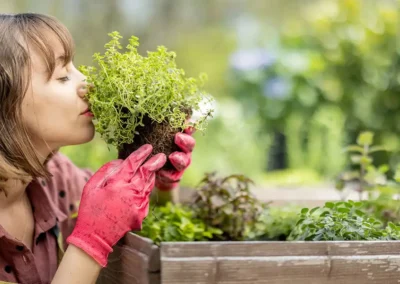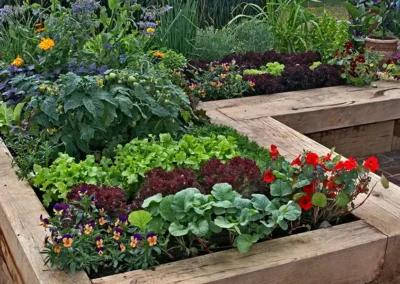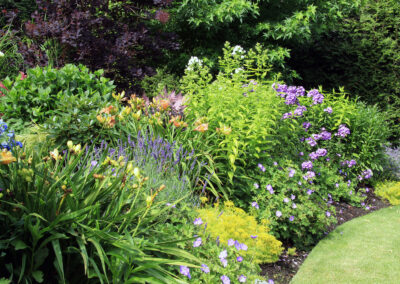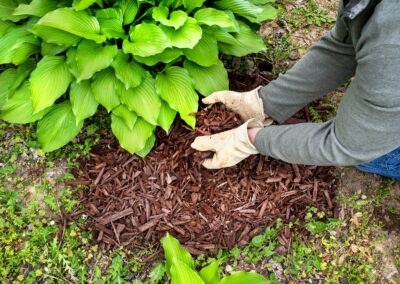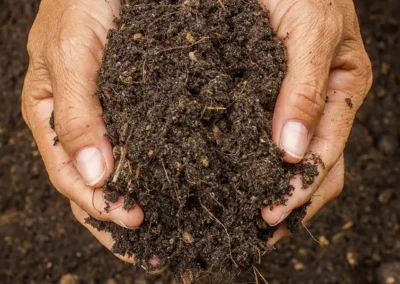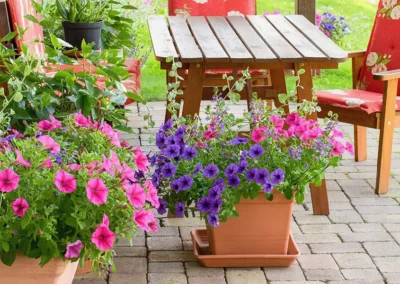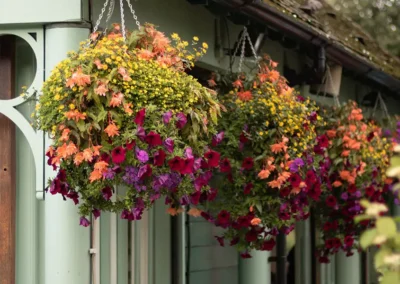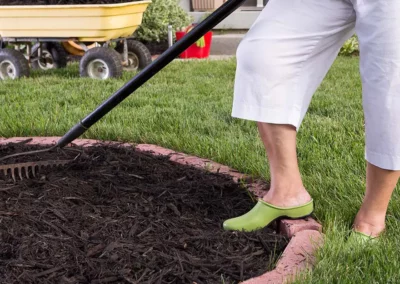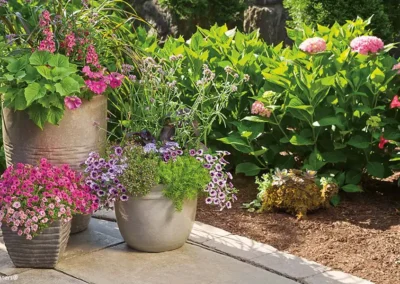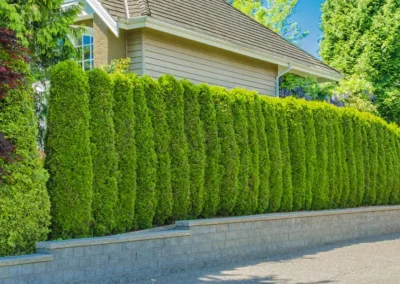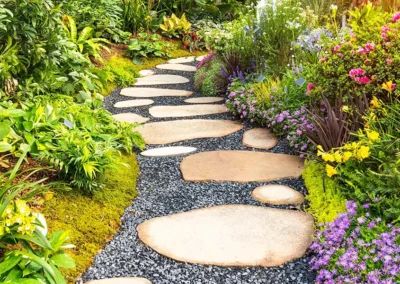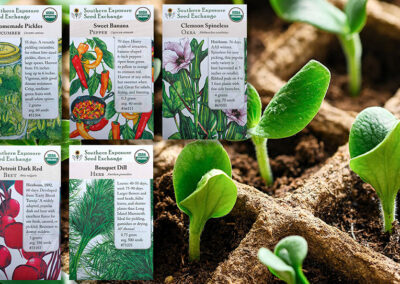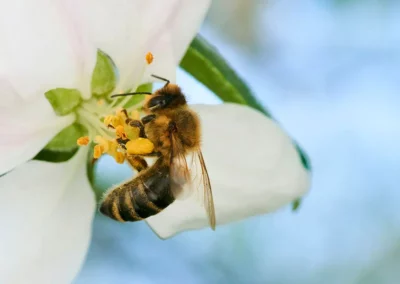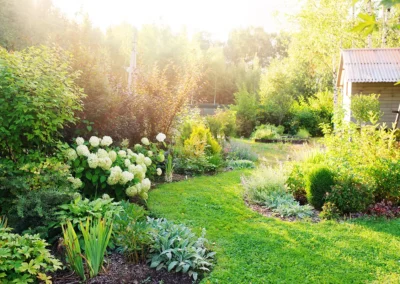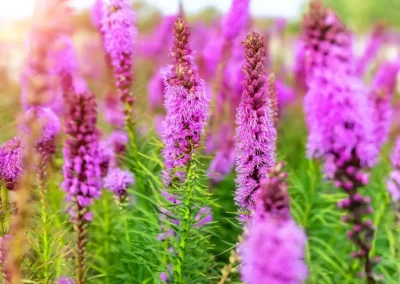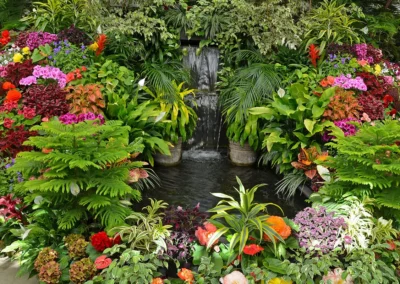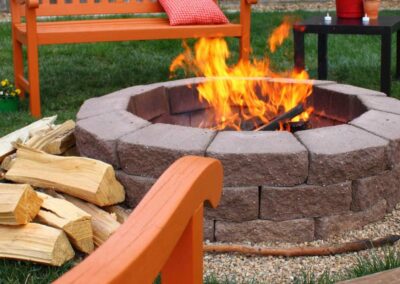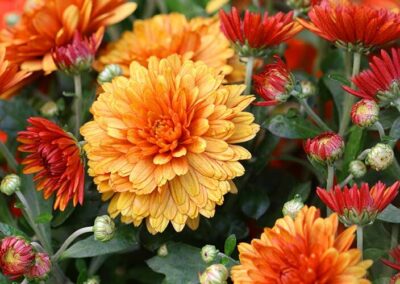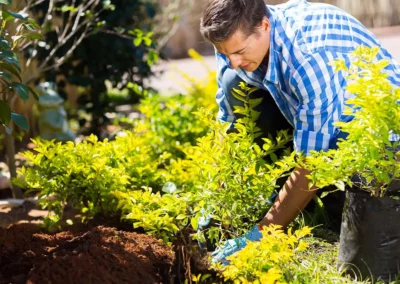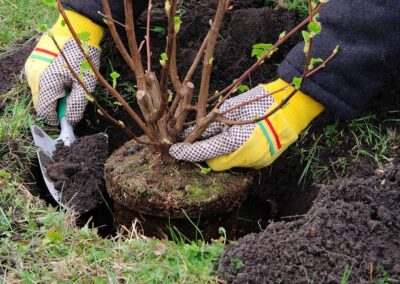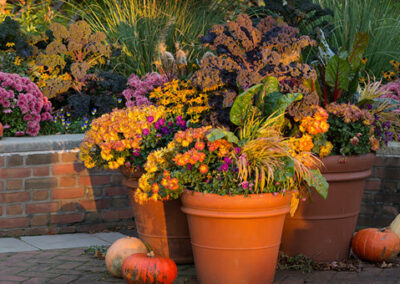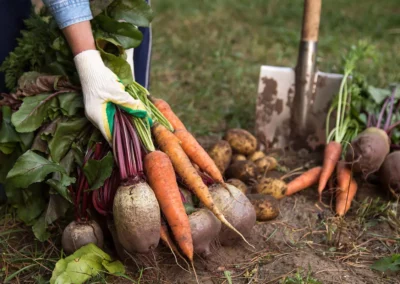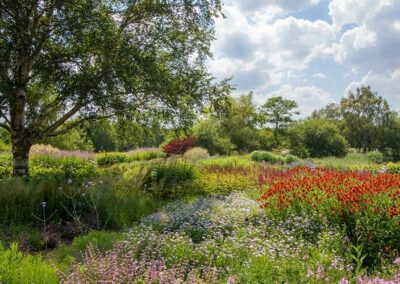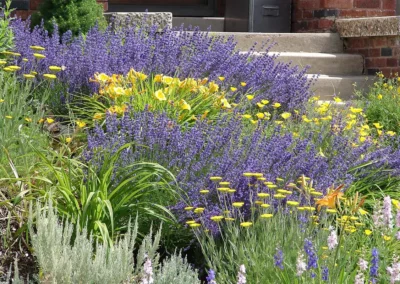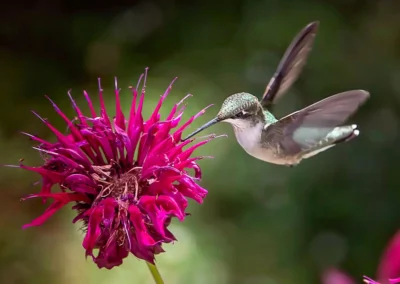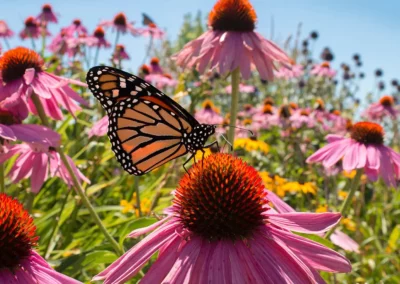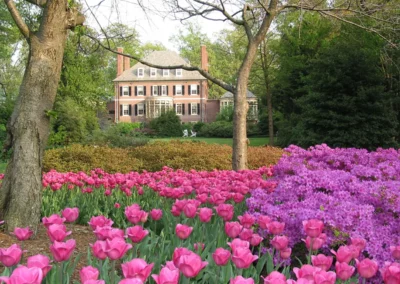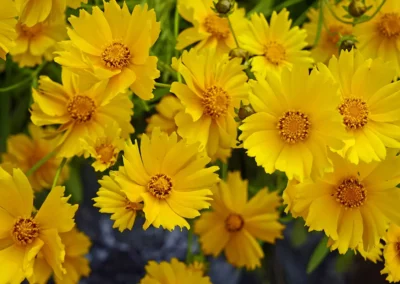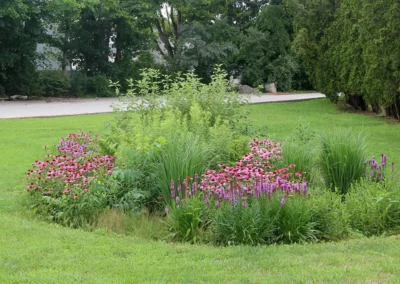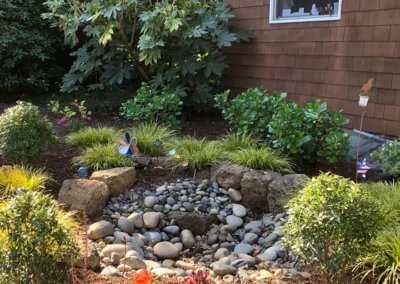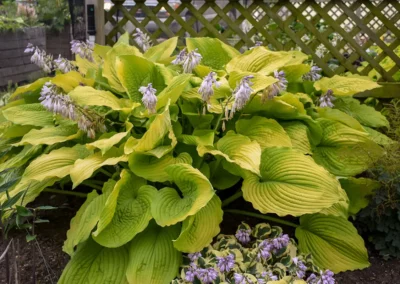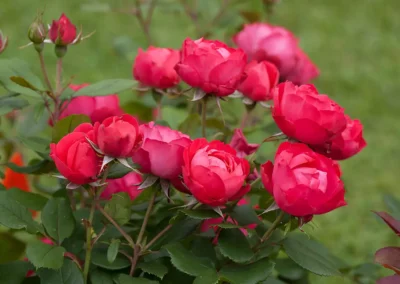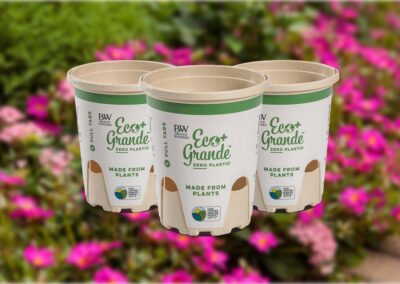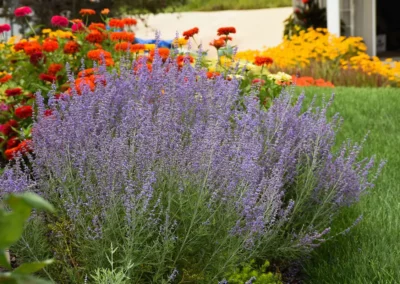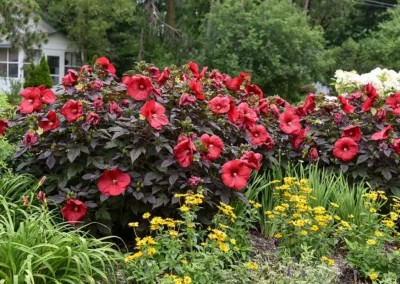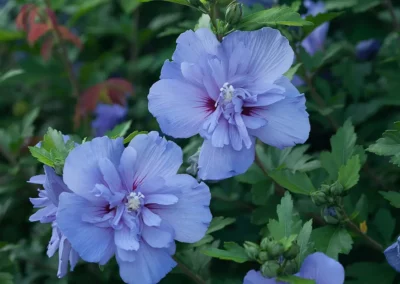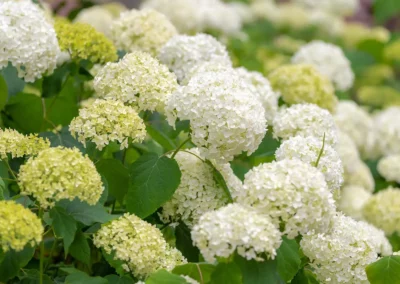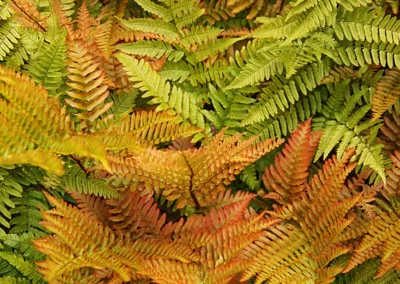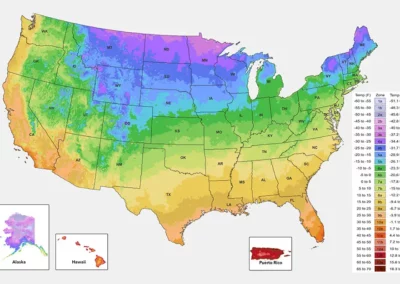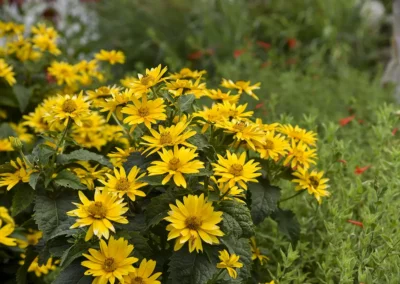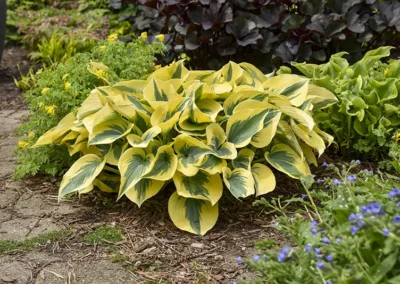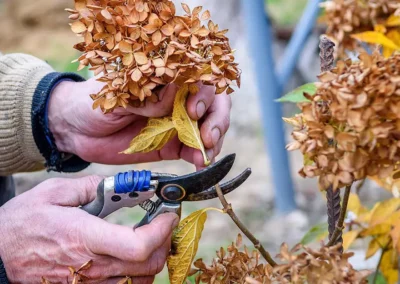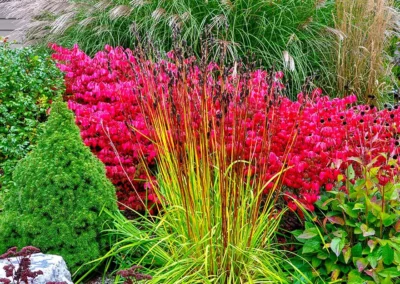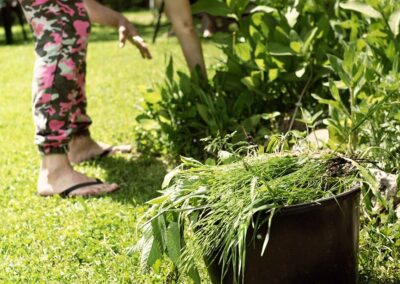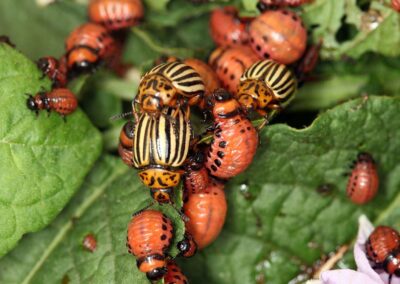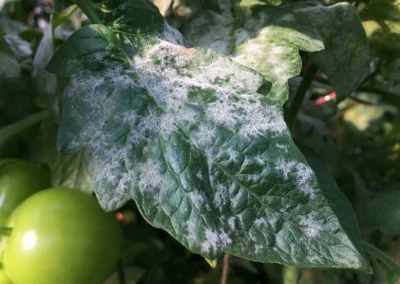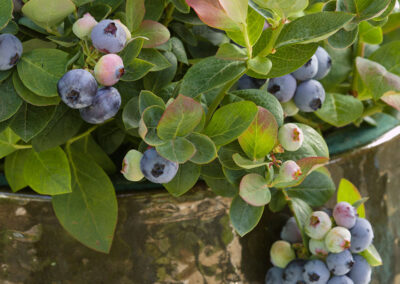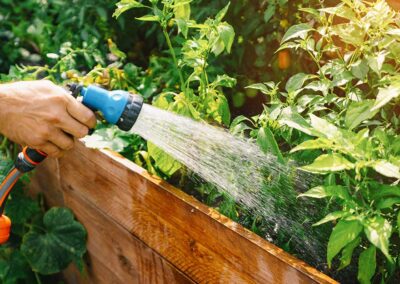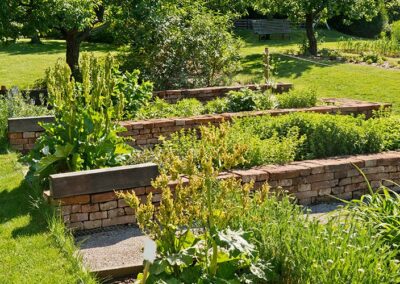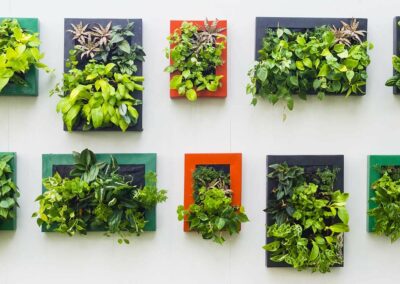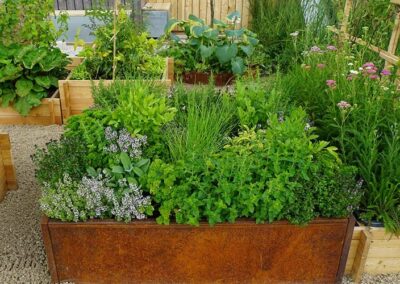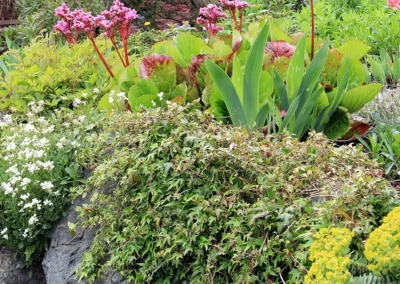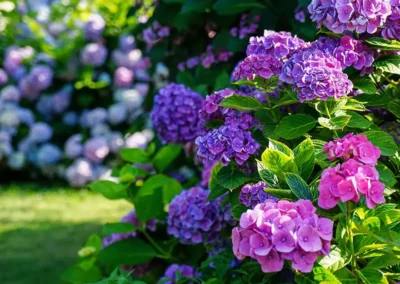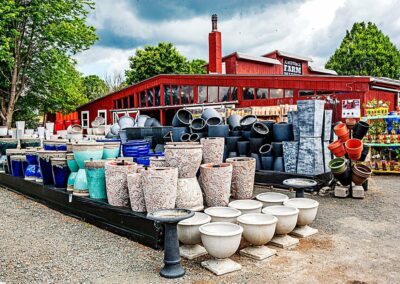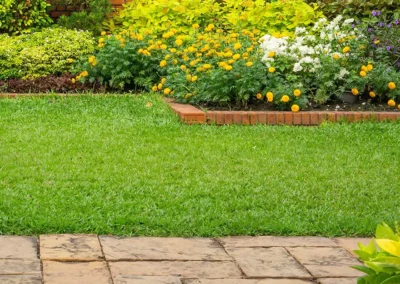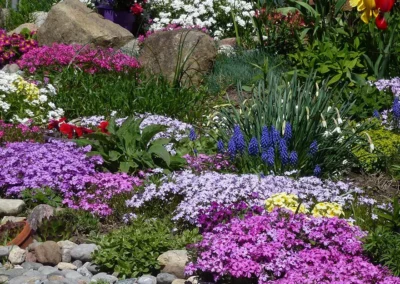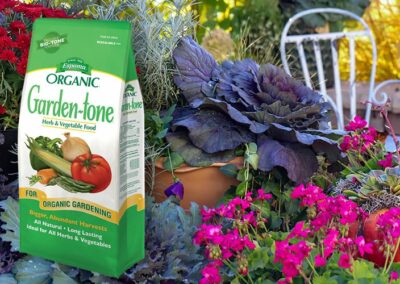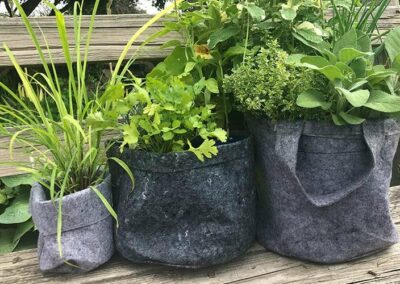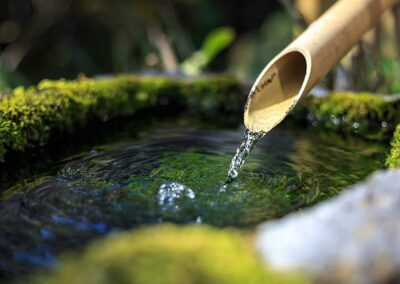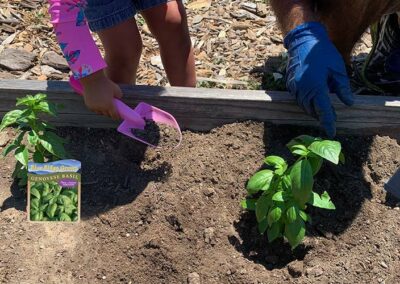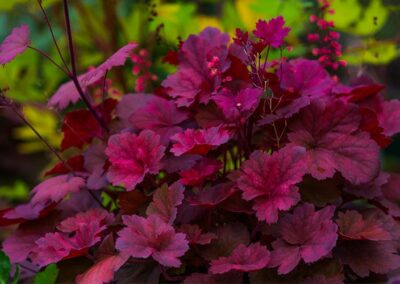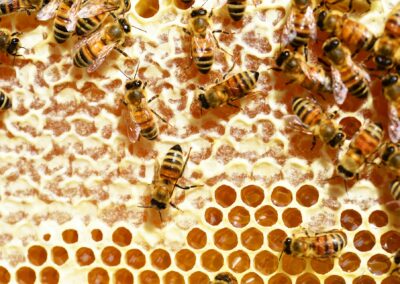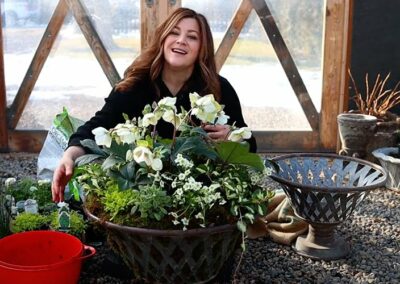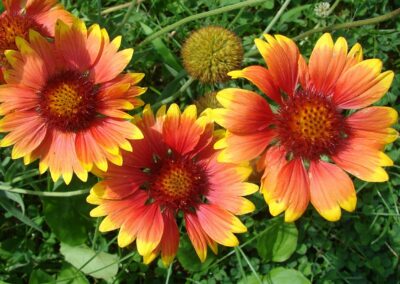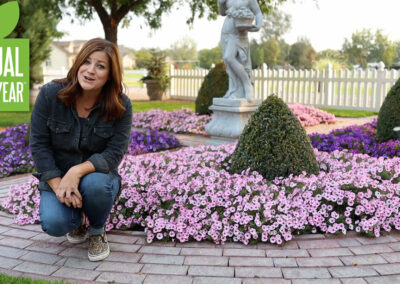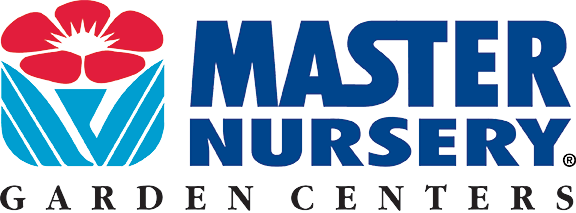Let’s admit it. Despite how much you’d like a gorgeous, perfectly landscaped garden, you may be working harder or spending more time and money than you thought you’d have to. Why? Well, the soil is either too wet or too dry, your plants are getting too much sun or not enough, erosion in your backyard is causing flooding and the water just won’t drain. All of your hard work struggling to support the last of your precious plants is going to waste!
It’s frustrating trying to keep up with a warming climate and the changing weather patterns here in Virginia, isn’t it? Thankfully, there’s a simple and effective solution…
Rain gardening.
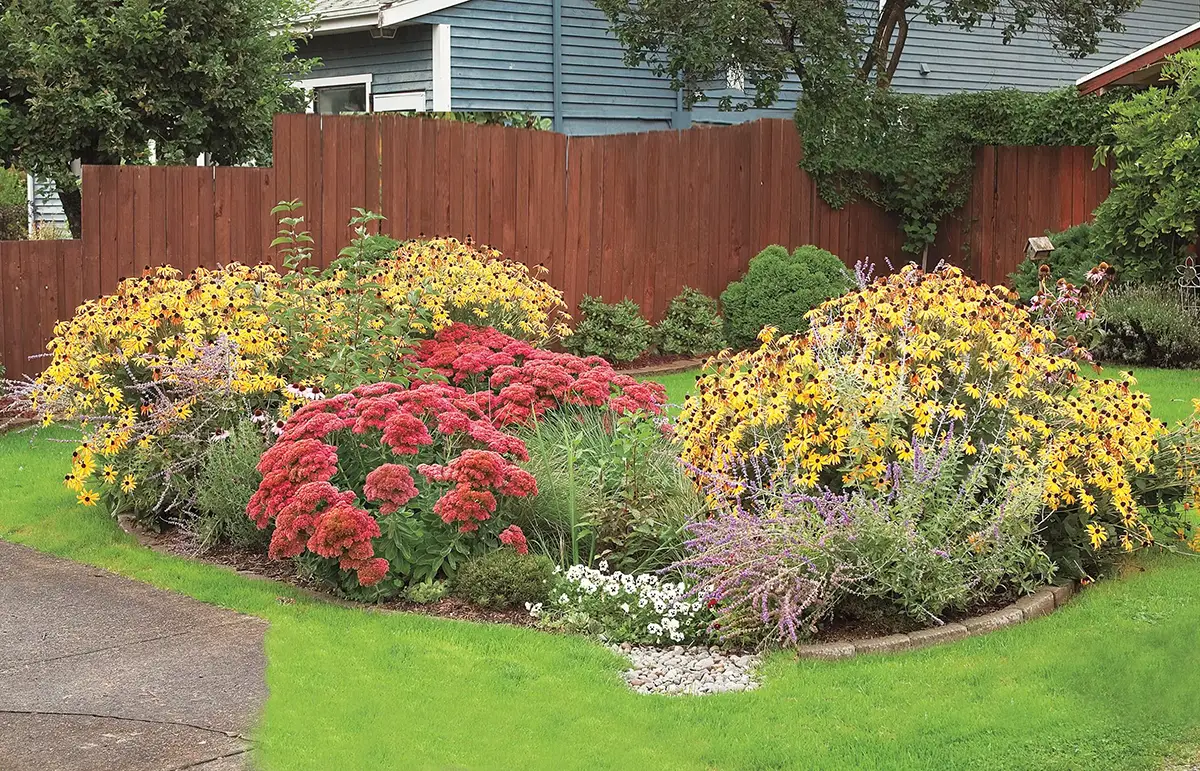
First Things First… What is a Rain Garden?
Rain gardens are, well, landscaped areas designed to collect rainfall and direct water to your garden’s plants. This style of gardening allows water to drain effectively so it doesn’t overwhelm your plants with excess water. Rain gardens are wonderful additions to your home’s landscaping.
How can a rain garden make you happy?
- It provides a place for native wildlife to thrive
- It saves you money
- It reduces lawn maintenance
- It absorbs runoff pollutants
Benefits of Rain Gardening: Attracts Local Wildlife
Native, more water-tolerant plants can attract local wildlife to your garden. Planting milkweed, asters, and coneflowers will encourage butterflies and other pollinators to spend time in your garden.
Reston Farm Garden Market is also a perfect place to find a variety of different native groundcover, flowering plants, and shrubs that not only add beauty to your yard, but also invite songbirds, small mammals, and amphibians seeking shelter and food. Way to work with nature rather than against it!
Some fantastic plants to include in your rain garden are…
- Coneflowers
- Winterberry
- Hostas
- Daylilies
- Bayberry shrub
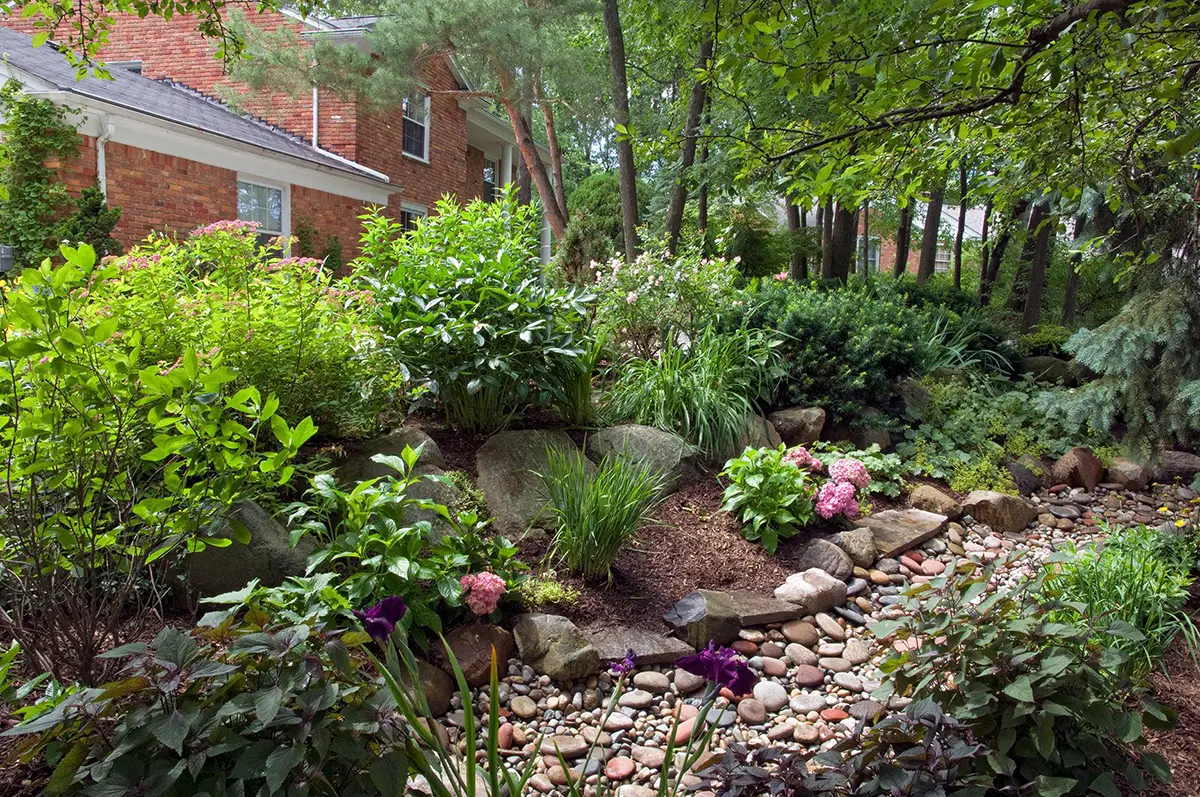
Benefits of Rain Gardening: Saves You Money
Installing irrigation systems and paying for lawn care services can be a huge expense each year. Rain gardening uses natural, and more importantly free, rainfall!
Less water and fertilizer means significantly less cost for you and your family.
That’s about $1,298 a year for a traditional grass lawn compared to $135 in the first year of a rain garden and $20 for maintenance the following years.
Imagine the beautiful outdoor spaces you could create without breaking the bank.
Benefits of Rain Gardening: Minimal Maintenance
Unless watering your garden once or twice a week is on your list of favorite chores, listen up! Rain gardening uses river stones or gravel to direct water from downspouts, efficiently and thoroughly watering your garden for you—so you’re free to kick up your feet and relax.
This means even after your rain garden is created, it requires little to no effort to maintain, just occasional weeding and watering every two weeks in the garden’s first year.
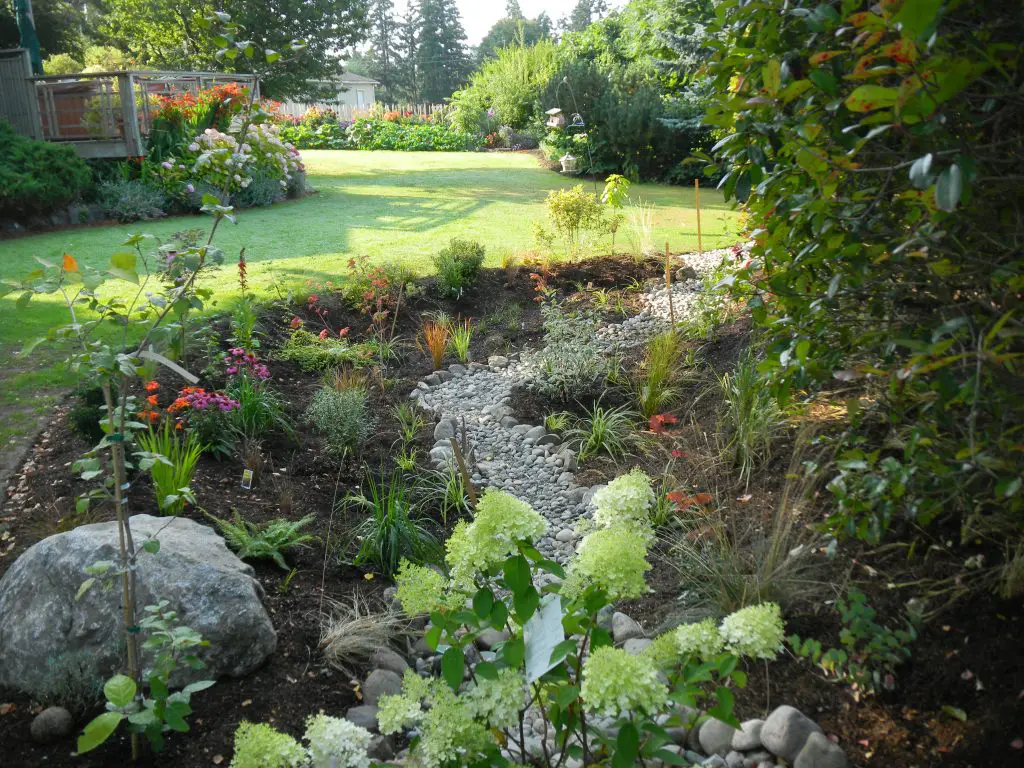
Benefits of Rain Gardening: Reduces Lawn Flooding
Concerned about drainage in your lawn? Good news, low spots in your yard are the perfect place to start a rain garden.
Did you know rain gardens are able to absorb 30% more rainwater than a regular lawn?
Planting vegetation that benefits from water-saturated soil helps reduce the time it takes for your lawn to drain, and prevents standing water and mosquito breeding. It also provides your plants with the perfect amount of water for them to thrive without flooding their roots.
Rain gardens are designed specifically to capture rain and allow it to soak into the ground. This prevents runoff from eroding the soil and flowing into local waterways, which could be harmful to native plants and wildlife. Planting a rain garden helps you do your part to protect the Chesapeake Bay watershed.
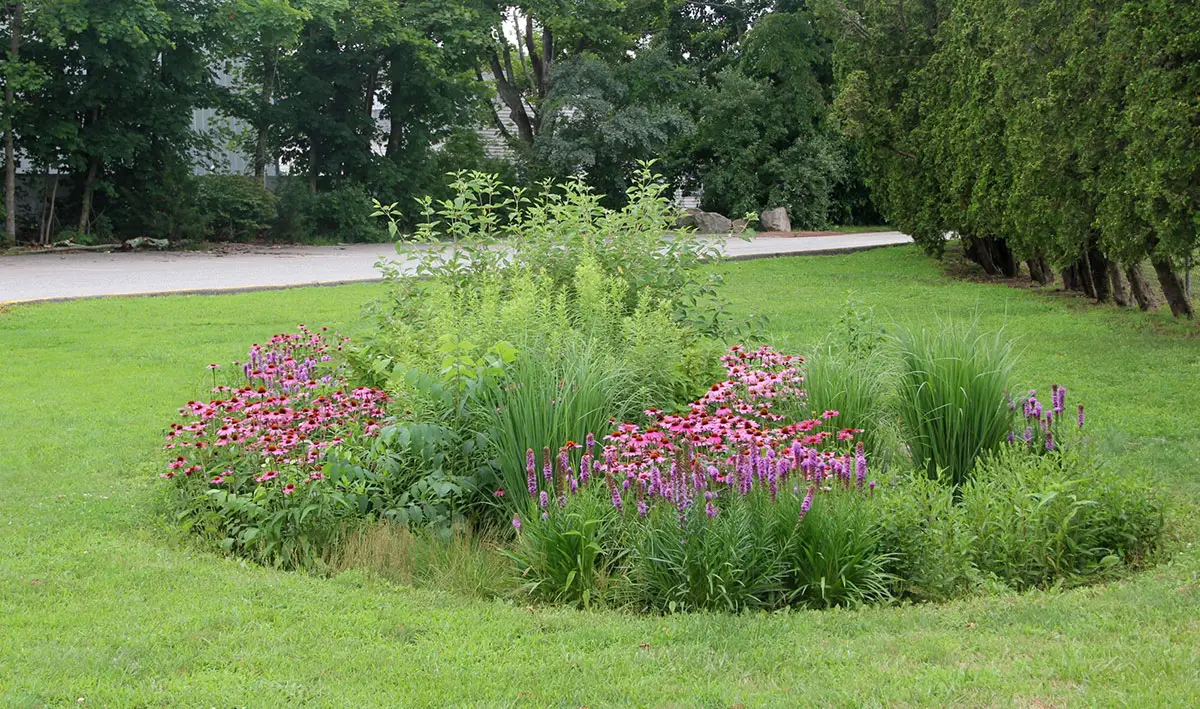
Living the Serene and Sustainable Life
Rain gardening can be quite beneficial to creating a comfortable outdoor space to enjoy with your family and friends. It can save you money on water and maintenance bills, encourage wildlife to visit your garden, and reduce chemical runoff that could flow into our local waterways.
So, the next time you begin to think about starting a home improvement project, consider planting a rain garden using free and sustainable resources. The environment, local wildlife, and your wallet will thank you.
If you have any questions or want to learn more about rain gardens, your friends here at Reston Farm Garden Market want to help! We’d love to help you put together your next garden project.
Resources for Additional Reading
- Virginia Dept. of Wildlife Resources: Catch the Rain and Clean the Water: Rain Gardens and Living Shorelines for Wildlife
- Virginia Cooperative Extension: Rain Garden Plants

